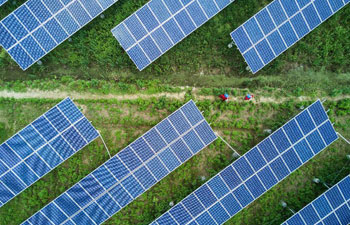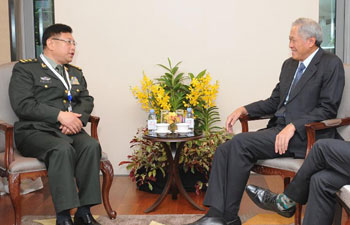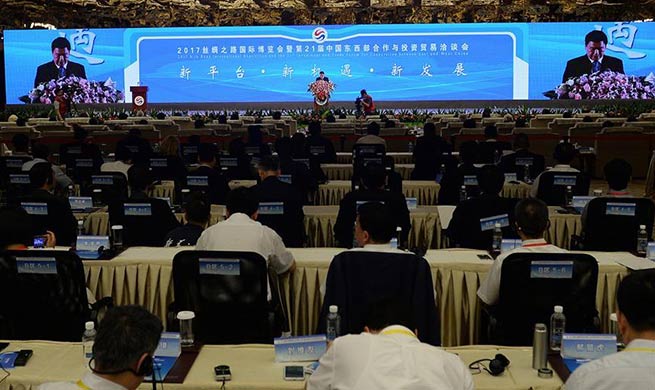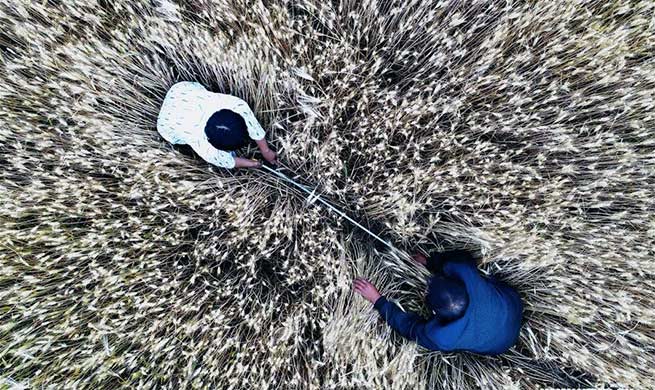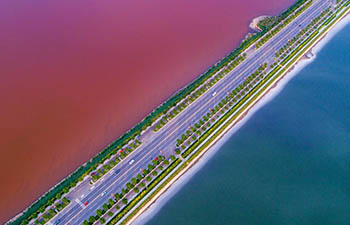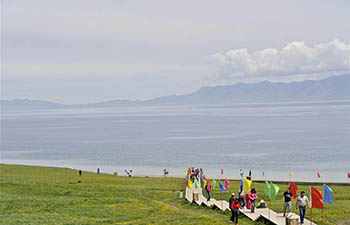BEIJING, June 3 (Xinhua) -- More than 70 percent of the tap water in Beijing's main urban areas comes from the Yangtze River, thanks to a huge water diversion project that was designed to ease water shortages in the north.
Beijing has received 2.28 billion cubic meters of Yangtze water since the south-to-north water diversion project began pumping water into the city in December 2014, Beijing Waterworks Group said in a report Saturday.
It said the project had increased Beijing's water supply capacity to 3.72 million cubic meters a day, ending the water shortage the capital experienced every every summer.
Before Yangtze water diverted to Beijing, the city's daily supply capacity was 3.2 million cubic meters at most and water sources, mainly from underground, were susceptible to calcium and magnesium salts.
At least 11 million people in Beijing have benefited from the water diversion project so far, according to Beijing Waterworks Group.
"Residents in high-rise apartment buildings used to suffer water crunches in summer. On some of the worst days, there was no water for cooking or washing," said Fang Yajun, chief of the water authority in Tongzhou District, east Beijing.
"Their problems will soon be solved, with a new waterworks that will open this summer to supply 200,000 cubic meters of water daily," he said.
The new waterworks in Tongzhou District, the city's "subsidiary administrative center," is fed by Yangtze water and will double Tongzhou's daily supply capacity, said Fang.
Among the 2.28 billion cubic meters of Yangtze water pumped to Beijing since the end of 2014, about 1.58 billion cubic meters has gone to water supply companies. The rest is stored in reservoirs or used as groundwater, river and lake supplies.




